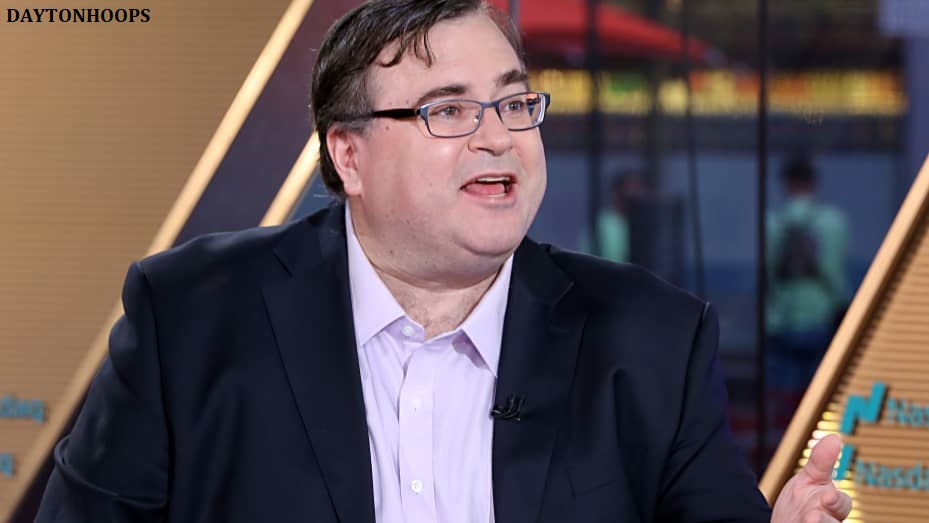Three weeks after OpenAI’s board of directors briefly fired CEO Sam Altman without giving a specific reason for the decision, former CEO Reid Hoffman says he’s still baffled by what happened and why.
” When I read the blog post, I was like,’ What is going on?'” Hoffman, a LinkedIn co-author and prominent nascency investor, said at Wired’s Live Wired conference in San Francisco on Tuesday. “I still don’t think we know completely.”
Altman was eventually brought back to lead the high-profile AI startup after a major push from top investors and the threat of a mass exodus. The board of directors is currently undergoing a reshuffle that includes the departure of some longtime directors, but all parties involved have been largely silent about what led to the initial chaos.
Bloomberg reported that Altman was trying to raise money for a new artificial intelligence chip startup. The New York Times reported that OpenAI co-founder Ilya Sutzkever believes Altman is not focused enough on the potential risks associated with the company’s advancement of its technology. Reuters pointed to a technical breakthrough that the board learned about from employees. The New Yorker described the differences between Altman and Helen Toner, one of the directors, who later left.
One OpenAI executive told employees that the board did not fire Altman because of “misconduct or anything related to our finances, business, security or safety/privacy.”
This mystery has left an aura of uncertainty surrounding one of the world’s most valuable startups. OpenAI continues to operate the popular ChatGPT chatbot and through an extensive partnership with Microsoft
, its services run on the software of major companies such as AT&T and Mercedes-Benz.
However, the opponents used the period of uncertainty to their advantage. Last week, Adam Selipsky, head of Amazon’s cloud division, which competes with Microsoft Azure, told a crowd of 50,000 at a conference in Las Vegas that the events showed why people don’t want a cloud provider to be tied to just one AI vendor. models
Hoffman was one of the first donors to OpenAI. In 2017, he joined Microsoft’s board following its $26 billion acquisition of LinkedIn. He resigned from OpenAI’s board in March and said he had not spoken to any of the board members, although he said he had spoken to Altman.
Microsoft CEO Satya Nadella suggested hiring Altman, OpenAI president Greg Brockman, and their colleagues for a new cutting-edge AI research group. But Altman was quickly reinstated at OpenAI.
“I think we’re in a much better place in the world” with Altman back in the CEO chair, Hoffman said. “He’s very competent at it.”
The relationship between OpenAI and Microsoft, which provides cloud infrastructure for the startup and integrates OpenAI services into its Windows and Office software, will be taught in business schools, Hoffman said.
Nadella’s attitude to the situation, according to Hoffman, is probably: “If it ain’t broke, don’t fix it.”
“Satya is a very honest, true leader,” Hoffman said. ” And I suppose he’d have hired everyone from OpenAI and continued if that was the only open path.”

